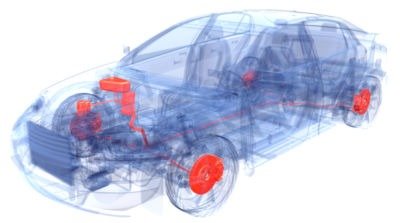IMPORTANT ANNOUNCEMENT
We have merged with Whatlington Garage and have closed our site at Sedlescombe. All services are now being provided from the site at Whatlington, TN33 0NL which is situated on the A21, 2.5 miles away.
We are currently providing services including car collections & home drops to facilitate the location change.
Any questions please give us a call on
01424 870 196
A QUICK INTRODUCTION TO BRAKE DISCS AND PADS
Brake Pads & Discs
Brake pads form a vital part of the disc brake system. The friction material is applied onto the brake disc surface by the caliper pistons to generate the friction to stop the wheels turning. Brake pads are governed by legislation commonly known as Regulation 90. Grinding, squeaking or squealing brakes are a sign that your brakes are not working efficiently. The brake pads are a vital component of your braking system, gripping the brake disc and slowing the car through friction. If your pads are worn, they need to be replaced for your own safety.

Another major component of your car’s braking system, the brake disc sits on the wheel hub and slows the vehicle down when the brakes are applied through the use of friction. Your vehicle’s brake pads ‘grab’ onto either side of the brake discs through the application of a hydraulic piston. This reduces the speed of the vehicle and allows it to come to a safe stop. Although made of high tensile steel, brake discs for any make and model of car can become worn or pitted over time, and will eventually need replacing. Worn brake discs can produce inefficient braking results, so it is important to check your discs regularly and only use high quality brake discs and pads.